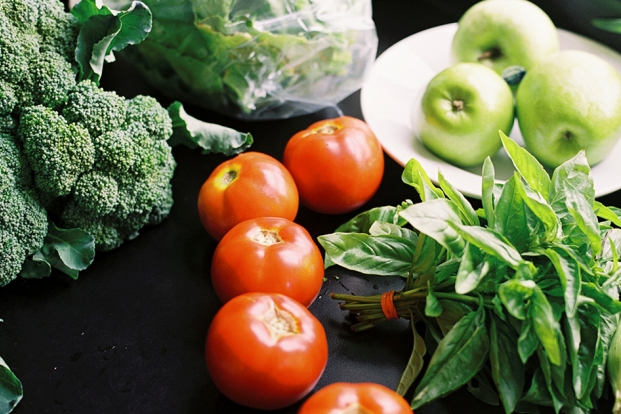What is the role of diet and dietary supplements in Prostate Cancer?
Apr 19, 2022
Prostate cancer is the most common cancer in men in western countries. The causes of prostate cancer are unknown, but the androgen hormone acting via androgen receptor, appears to spur the development of prostate cancer. Established risk factors for prostate cancer include age, family- history and diet. Other potential risk factors are obesity, lack of physical activity, infections and inflammation of the prostate and vasectomy. Treatment of prostate cancer depends on a variety of factors including patient’s age, stage of cancer and any other medical conditions. Surgery, external-bean radiation therapy (EBRT) active surveillance are strategies that are typically used for men with early stage prostate cancer. The lowest rate of prostate cancer is found in Asian countries where men eat a lot of soy foods (richest source of phytoestrogens) and vegetarian diet.

ROLE OF DIET AND DIETARY SUPPLEMENTS
Many studies show that a plant based diet may help to lower the risk of developing prostate cancer and may beneficially affect the progression of the disease.
- Fruits and vegetables are great dietary sources of vitamins, minerals, fibres and cancer fighting phytonutrients. High amounts of carotenoids and lycopene play a protective role against prostate cancer. Cooked tomato products (e.g. Tomato sauce, Tomato paste, salsa, Tomato soup, etc.), water melon, pink grape fruits, papaya, apricots, pomegranates, grapes, pulms, cherries, carrots, sweet potatoes, mangoes, oranges, peaches, avocado, spinach, lettuce, broccoli, cauliflower, cabbage, mustard greens, garlics, onions, etc. are the best source of lycopene, anthocyanin, carotenoids, cryptoxanthin, lutein, geaxanthin, sulforaphane, isothiocyanates, indoles and allyl-sulfides respectively that reduces the risk of prostate cancer.
- Green Tea is rich in phytonutrients known as polyphenols (flavonoids), which exhibits several anti-cancer properties. The combination of soy and green tea synergistically inhibits tumor weight and metastasis and significantly reduces plasma concentrations of both testosterone and di-hydrotestosterone.
- Refined carbohydrates and high sugar foods are generally low in both nutrient value and dietary fibre that increases serum insulin and serum IGF-1 level, which lead to the development and progression of cancer.
- Meat contain genotoxins such as hetero cyclic amines (HCAs) and polycyclic aromatic hydrocarbons (PAHs) that increases the risks of prostate cancer. Excess intake of saturated fat and trans fat (found in hydrogenated oil) have been associated with prostate cancer. Omega 3 fatty acids {e.g. alpha linolenic acid (ALA), eicosapentaenoic acid (EPA) and docosahexanaenoic acid (DHA)} may reduce the risk of prostate cancer and its progression. Fish and plant based foods (flaxseed- high concentration of lignans) contain different types of omega 3 fatty acids including EPA and DHA.
- Intake of vitamin E and selenium play a positive role and reduces the risk of prostate cancer.
- Higher dietary intake of calcium (more than 2000mg/day vs. less than 1000mg/day) increases the risk of non-aggressive prostate cancer, though higher supplementary calcium intake did not appear to be related to the risk. Increasing serum vitamin D level helps in reduction of total cancer induced mortality by 29%.
A prospective study suggested that man who engage with lots of exercise reduce their risk of advance prostate cancer by 36% compare to the non-exercise. Healthy weight control, plant based vegetarian diet and regular exercise is helpful to protect against any kind of cancer.
Please consult your doctor for the required diet needed during the course of treatment.








